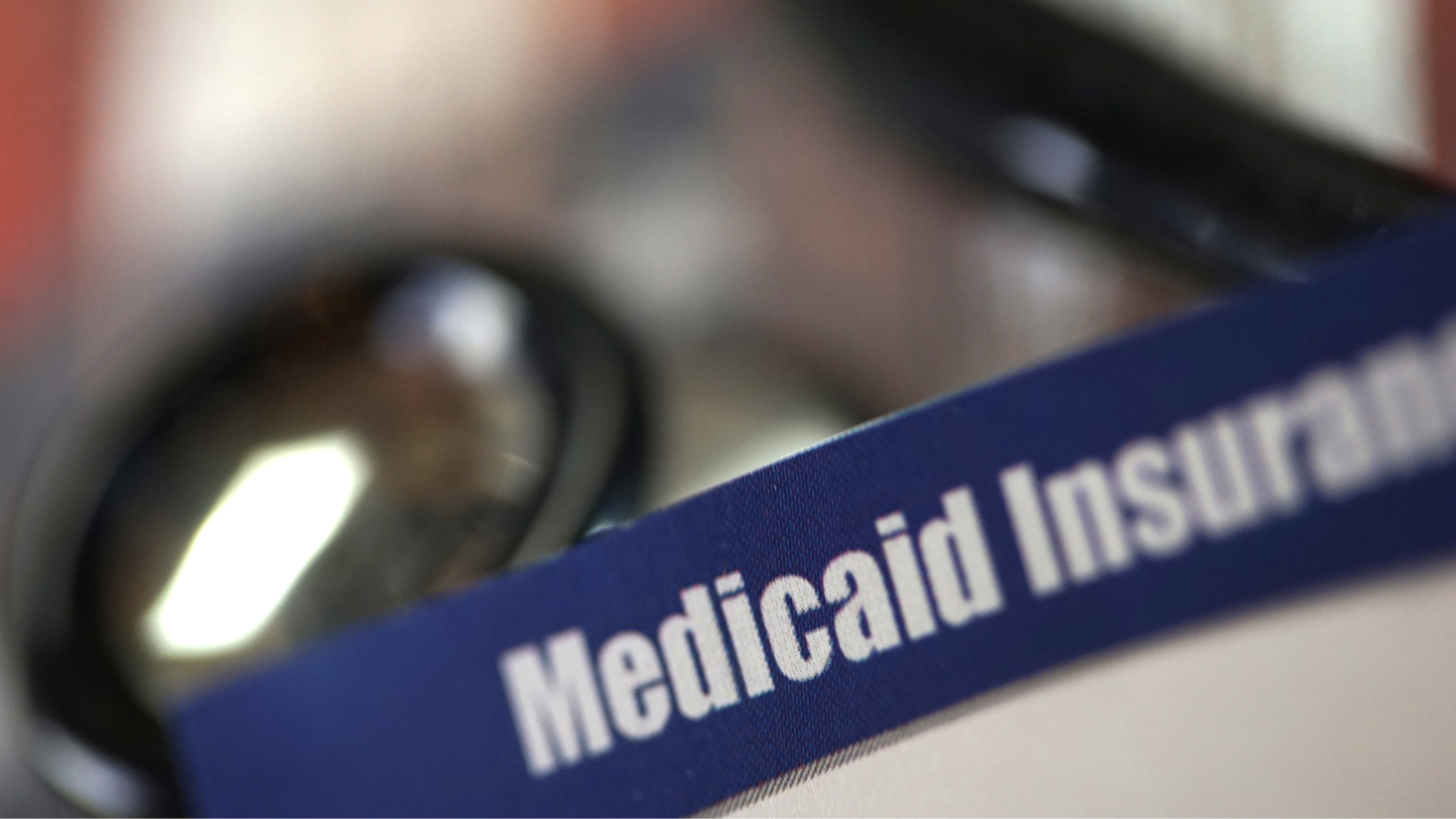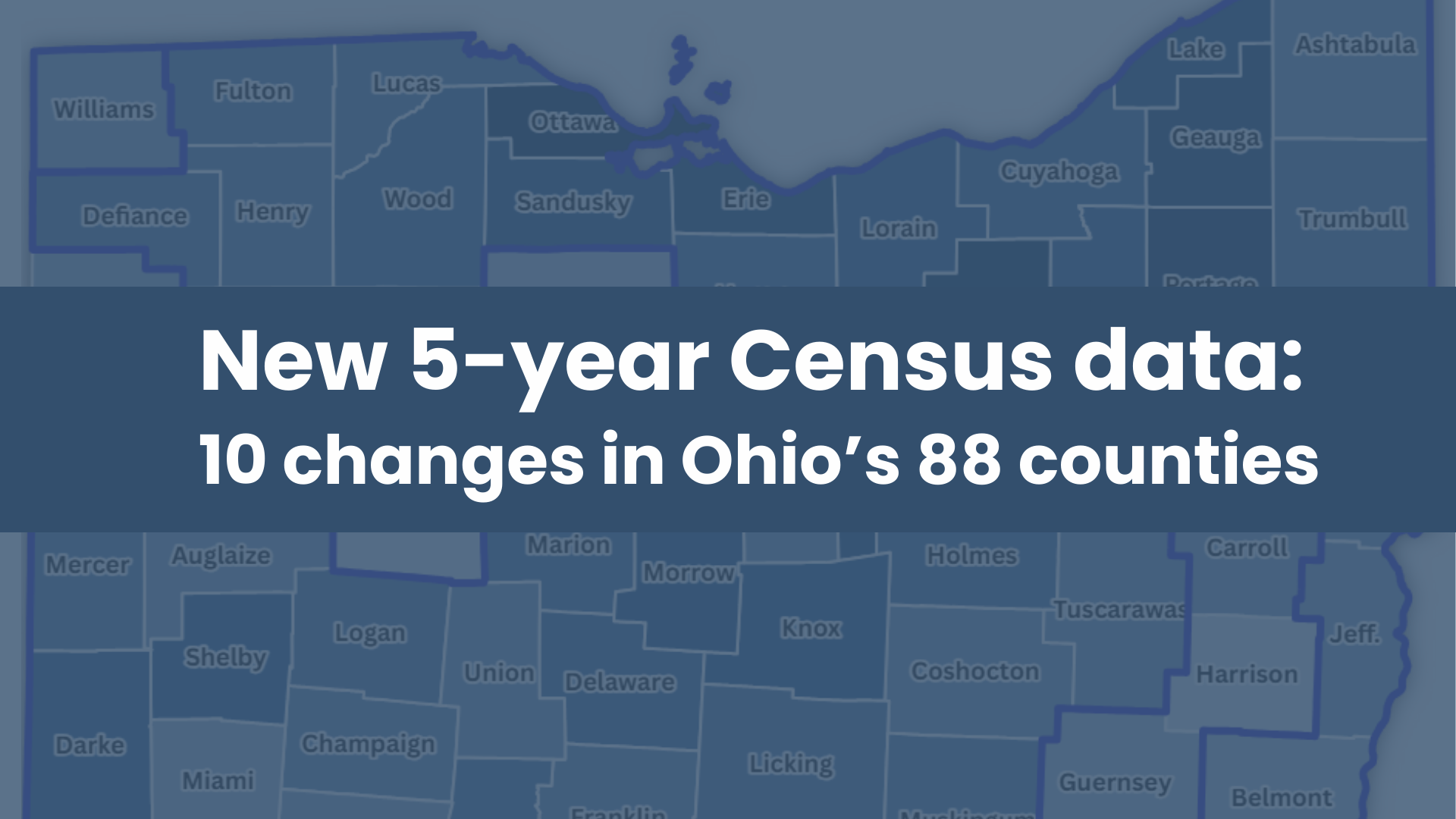On May 22, 2025, the U.S. House of Representatives passed the One Big Beautiful Bill Act, or House Resolution 1. The bill contains sweeping changes to a wide range of social service programs which would impact various populations. The One Big Beautiful Bill Act passed out the House of Representatives on May 22, 2025, and the U.S. Senate is currently debating the legislation.
Sweeping changes to Medicaid
Centralized checks for dual enrollment
The Centers for Medicare & Medicaid Services (CMS) will build a single, nationwide system, so states can instantly see if someone has signed up for Medicaid or CHIP in more than one state. The stated goal of this change is to prevent duplicate coverage and to ensure each person is enrolled only where they live and receive care.
Collecting and reporting Social Security Numbers
- States must routinely pull each enrollee’s address from approved sources. By 2027.
- States will feed Social Security numbers (SSNs) into CMS’s new central database every month. CMS, in turn, will alert states monthly if anyone shows up in more than one state’s rolls, so corrections can be made quickly. By FY 2030.
Quarterly death-master file reviews
Every state Medicaid office must check the Social Security Administration’s Death Master File at least once a quarter to promptly remove people who have died and stop any future payments. Starting in 2028.
Screening providers for terminations
Any time a doctor, clinic, or hospital enrolls (or re-enrolls) in Medicaid, states must verify they have not been kicked out of Medicare, another state’s Medicaid program, or CHIP. After they are in the program, states must repeat that check every month. Starting in 2028.
Regular eligibility redeterminations
For adults covered under Medicaid expansion (all income-eligible adults under 65), states must review eligibility every six months, starting December 31, 2026. This keeps enrollment up-to-date and rolling but could result in unwarranted coverage loss depending on the level of administrative requirements to prove eligibility.
Adjusting federal match for immigrant coverage
If a state offers full Medicaid benefits or assistance in buying private insurance to non-citizens who are not legal residents (except children or pregnant women), the enhanced federal matching rate for Medicaid expansion adults in that state will be cut by 10 percent. Starting in FY 2028.
Ban on federal funding for gender-transition procedures
Medicaid and CHIP may no longer pay for any treatment aimed at changing someone’s birth-assigned sex, including surgeries, implants, and hormone therapies.
Ten-year funding ban for certain family-planning providers
Any nonprofit health center that does the following will lose federal Medicaid funding for 10 years:
- Focuses mainly on family planning and reproductive health;
- Provides abortions outside of rape, incest, or life-threatening situations; and
- Billed more than $1 million in combined federal and state Medicaid/CHIP payments in FY 2024
Deadline to implement Medicaid Expansion
States that have not expanded Medicaid by March 11, 2021, must do so by January 1, 2026, if they want to receive the higher federal match for Medicaid expansion populations.
Work and community-service requirements
Work requirements would be instituted by December 31, 2026 (sooner if a state chooses), mandating that adults in the Medicaid expansion group must do any of these for at least 80 hours per month:
- Paid work
- Community service
- A combination of work/volunteering
- Half-time study
- Earn at least the state’s minimum wage at 80 hours
States will be required to show one month of compliance before applying and at least one month between each re-check of their eligibility. States must verify compliance with every eligibility decision (and can check more often). Short-term hardship exceptions (like hospitalization) are allowed, and people with serious medical issues or caregiving responsibilities are exempt. Funding for these new rules is provided through FY 2026.
Medicaid work requirements have been proven ineffective in providing coverage for lower-income individuals.
Medicaid helps people work and stabilizes the economy while promoting self-sufficiency. Implementing these requirements will not increase paperwork for those who qualify and for the Ohio Department of Medicaid to process. Medicaid work requirements have been proven ineffective in providing coverage for lower-income individuals. Each of these changes creates more bureaucracy within an already complex system.
Major changes and limitations to ACA
The Affordable Care ACA (ACA) is at risk of experiencing major changes, which will make it harder for individuals to either enroll or reenroll into a marketplace health insurance plan. For instance, if enacted, there will be modifications to enrollment starting in 2026. The annual enrollment period would be from November 1 – December 15, and there will be no special enrollment periods based on low income and other eligibility requirements.
Previously, the open enrollment period was from November 1 – January 15. However, there are two deadlines within this period to enroll in the marketplace:
- December 15, 2025 – last day to enroll for coverage starting January 1
- January 15, 2026 – last day to enroll for coverage starting February 1
Families USA explained that changes to enrollment could:
- Negatively affects the risk pool as younger and healthier individuals enroll into the marketplace plans later.
- Add difficulty for low-income individuals during the holiday because their incomes are most stretched during that time.
- Add confusion in a year that enhanced tax credits could be terminated, and navigator grants have been reduced.
When reenrolling for a marketplace plan that has premium tax credits, an individual must verify their income, place of residence, immigration status, health coverage status, and family size.
Marketplace enrollment barriers
Other provisions within the One Big Beautiful Bill Act focus on reenrollment into a health insurance plan through the marketplace. When reenrolling for a marketplace plan that has premium tax credits, an individual must verify their income, place of residence, immigration status, health coverage status, and family size.
By providing sensitive information, it could restrict passive and automatic enrollment and reenrollment. Also, the prohibition of automatic reenrollment from bronze to silver plans could increase individuals’ cost sharing and premiums.
This bill limits access to health services for vulnerable populations. For example, gender transition procedures will be prohibited under the ACA. This provision discriminates against trans people who cannot afford care. People who have DACA (Deferred Action for Childhood Arrivals) status would not be eligible for premium tax credits or cost sharing reductions. The provision could affect around 100,000 people.
Marketplace essential health benefits and cost-sharing
Beginning in 2026, there will be a few changes to how the health insurance marketplace works, including prohibiting the mandate of special enrollment periods based on changes to income, requiring verification of income and other eligibility requirements prior to certain enrollments, and prohibiting coverage of gender transition procedures as an essential health benefit.
Essential health benefits ensure that everyone in the individual and small group health insurance markets receives access to comprehensive coverage. Some categories of essential health benefits include hospitalizations, prescription drugs, laboratory services, emergency services.
Copays for adult patients in Medicaid expansion
Medicaid expansion adults with family incomes above 100% poverty may face copays of no more than $35 per service, and no more than 5% of family income total; beginning FY 2029. While $35 dollars may seem like a nominal fee to some, copays have been known to lead patients to avoid health care visits. This could lead to exacerbations of chronic illness and more costly care later.
Essential care (like Emergency Room visits, primary care, mental health and substance use treatment) remains free at the point of service.
Hospitals like MetroHealth saw significant decreases in uncompensated care after Medicaid expansion. This could significantly impact the ability of some hospitals to continue to offer care.
Maternal and infant health sees fewer changes
Pregnant women will remain exempt from Medicaid community engagement
This means that pregnant women do not have to complete the requirement to fulfill 80 hours of work (including community service, educational programs, and/or work programs) per month.
No federal funding for abortion care
There will be no federal funds that will pay towards abortions, except if the pregnancy is the result of rape, incest, or if a woman experiences pregnancy complications that are life threatening.
Restrictions on CHIP retroactive coverage
A change within the infant and maternal health space is the rollback of retroactive coverage within CHIP and Medicaid programs. If this act is passed, retroactive coverage will be restricted from three months to one month prior to enrollment of CHIP or Medicaid starting on December 31, 2026. Rolling back retroactive coverage will cause vulnerable people, like pregnant women and older adults to be into medical debt since they will have to pay more medical bills.
According to Families USA, the change between the introduced bill and the engrossed bill is the amount of funds that will be cut for this division. They mentioned that CBO estimates that the provision would cut $6.3 billion over 10 years instead of $6.4 billion.
Administration for a Healthy America and agency consolidation
Another change in the engrossed bill is that maternal health initiatives—were under various agencies within the Department of Health and Human Services (HHS)—will be moved to a new agency called the Administration for a Healthy America (AHA). AHA will oversee the “Make America Healthy Again” initiatives introduced by HHS Secretary Robert F. Kennedy Jr.
The Administration for a Healthy America would include agencies such as the Substance Abuse and Mental Health Services Administration, the Health Resources and Services Administration, and the Office of the Assistance Secretary for Health.
The Administration for a Healthy America would include agencies such as the Substance Abuse and Mental Health Services Administration, the Health Resources and Services Administration, and the Office of the Assistance Secretary for Health.
Food insecurity and big changes for SNAP
The Supplemental Nutrition Assistance Program (SNAP), the nation’s best defense against hunger and critical economic stabilizer during recessions, received numerous cuts in H.R. 1. Every proposed change in the legislation will make SNAP more ineffective and result in fewer individuals receiving nutrition assistance. The proposed changes broadly fall under one of four categories. They are changes to the thrifty food plan work requirement and waiver changes, state share changes, and immigrant eligibility changes. Each is described in more detail below.
Thrifty Food Plan
The bill heavily restricts future updates to the Thrifty Food Plan. The Thrifty Food Plan is the cost of groceries needed to provide a budget-conscious, healthy diet for a family of four and is used as the basis for calculating SNAP benefits. Restricting future updates to the plan will keep benefit payments low and cut spending power for those receiving nutrition assistance.
Work requirement and waivers
The bill would change work requirements, waivers, and other criteria for recipients regardless of if they are able-bodied adults without dependents (ABAWD) or not to ensure that more individuals are working. This will threaten to take food assistance away from those who need it most.
State share changes (benefit and administrative)
This bill contains changes to the state share of administrative costs associated with SNAP and the benefit itself. The bill proposes changing administrative costs from a 50-50 split to a 75-25 split with the state covering 75% of the cost. The benefit cost sharing provision would require states to pay between 5% and 25%, dependent on the state’s error rate. Under current law, the federal government covers the entire benefit. The proposed changes create a fiscal environment where states will have to shift funds from other vital public services, choose how to cut SNAP benefits and restrict the number of people getting help, or opt out of having a SNAP program entirely.
Immigrant eligibility
The immigrant eligibility changes to SNAP means that some individuals with a lawful immigration status will lose benefits. Those who have fled persecution, domestic violence survivors, and victims of sex and labor trafficking are among those whose benefits would be terminated.
What’s next for public benefits in H.R. 1?
The bill is expected to be due to President Trump by July 4. The Center for Community Solutions will continue to track changes to the federal budget.











